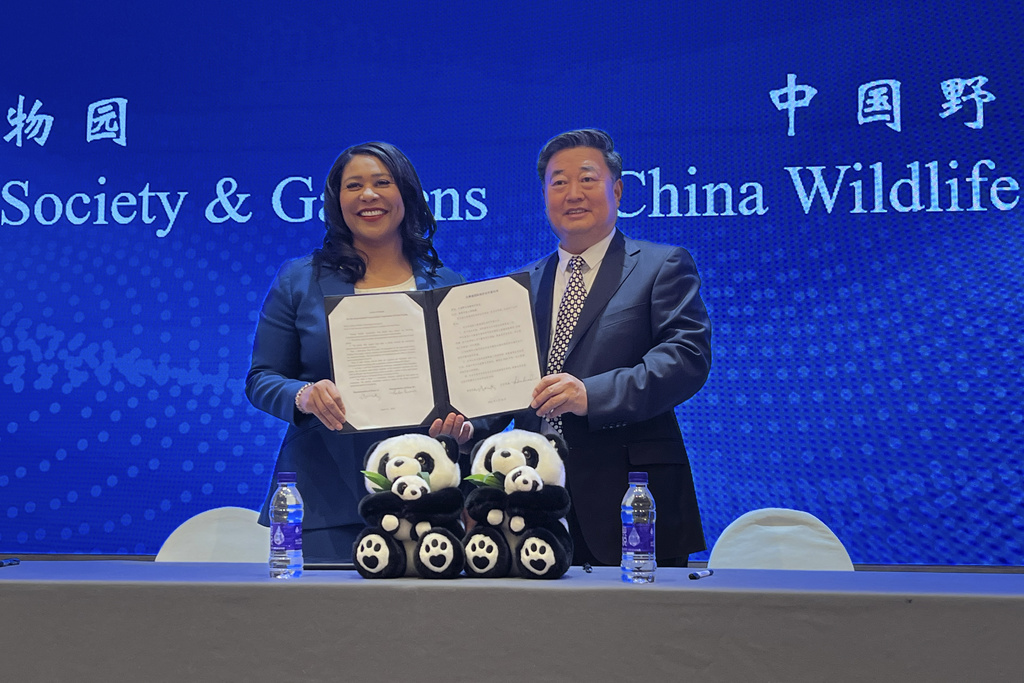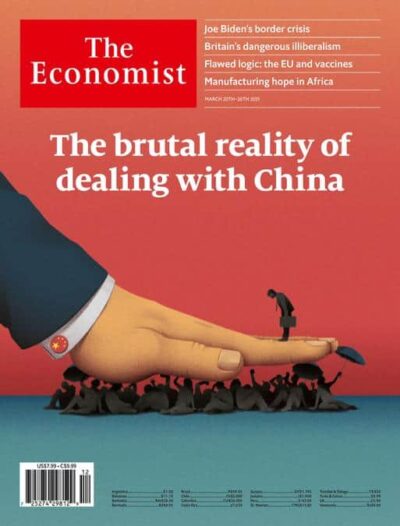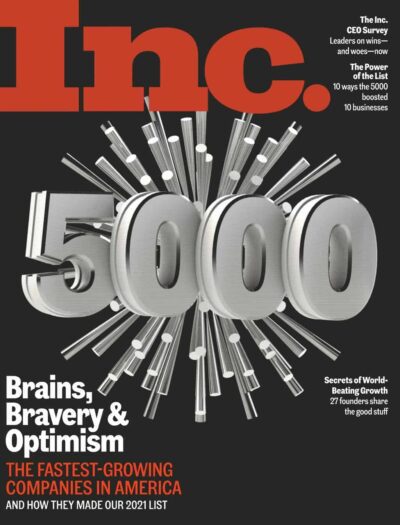

Amid U.S.-China Rivalry, Beijing Agrees to Send Two Furry Diplomats to San Francisco
BEIJING — San Francisco is the latest U.S. city preparing to receive a pair of pandas from China, in a continuation of Beijing’s famed “panda diplomacy.”
San Francisco Mayor London Breed announced the panda loan in Beijing on Friday, alongside officials from China Wildlife Conservation Association, or CWCA. It will be San Francisco’s first time hosting the beloved animals long-term—the result of a yearlong advocacy campaign, Breed said.
[time-brightcove not-tgx=”true”]
San Diego previously announced it was receiving two pandas back in February.
China is home to the only natural habitat for pandas and owns most of the black-and-white bears in the world. Beijing loans the animals to other countries as a tool for diplomacy and wildlife conservation.
Read More: ‘I Get to Hug Them All the Time.’ What It’s Like to Take Care of a Pair of History-Making Panda Cubs
“San Francisco is absolutely thrilled to be welcoming giant pandas to the San Francisco Zoo,” Breed said after signing a letter of intent for international cooperation on giant panda conservation.
Breed said the city had been working with its Chinese and Asian communities to advocate for the pandas for almost a year leading up to an Asia-Pacific Economic Cooperation leaders’ meeting in San Francisco last November, during which the U.S. and Chinese presidents met.
CWCA Secretary General Wu Minglu said the association will work with San Francisco officials to prepare for the pandas’ arrival and to ensure the technical standards for their conservation.
“We look forward to a pair of giant pandas being in San Francisco in 2025,” he said.
When San Diego broke the news in February that it would receive a pair of pandas, it was the first time in more than two decades that China had agreed to send pandas to the United States.
Only four giant pandas are currently in the U.S., all at the zoo in Atlanta. China in recent years has not renewed loan agreements at zoos in Washington, D.C., and Memphis, Tennessee, sparking fears it was ending its historic panda diplomacy with Western nations due to geopolitical tensions.
The black-and-white bears have been a symbol of U.S.-China friendship ever since Beijing gifted a pair of pandas to the National Zoo in Washington, D.C., in 1972, ahead of the normalization of bilateral relations. China later loaned pandas to zoos to help breed cubs and boost the population.
Friday’s announcement comes ahead of a planned visit to China next week by U.S. Secretary of State Antony Blinken.
Washington and Beijing have boosted their diplomatic exchanges in recent months, in an effort to ease escalating tensions. But frictions remain on trade, national security and the countries’ diverging stances on conflicts such as Russia’s invasion of Ukraine and the Israel-Hamas war.
Get the latest work and career updates delivered straight to your inbox by subscribing to our magazine category today. Stay informed and ahead of the game with Subscrb.
The content on this website has been curated from various sources and is for informational purposes only. We do not claim ownership of any of the content posted here, all rights belong to their respective authors. While we make every effort to ensure that the information is accurate and up-to-date, we cannot guarantee its completeness or accuracy. Any opinions or views expressed on this website are solely those of the original authors and do not necessarily represent our own. We do not endorse or take responsibility for the content or actions of external websites or individuals linked from this website. Any reliance on the information provided on this website is done at your own risk. Please note that this article was originally seen on the source website TIME, by the author Associated Press
-
SALE!




Forbes Asia Magazine Subscription
From: RM220 / year -
SALE!


Fortune Magazine Subscription
From: RM118 / year -
OUT OF STOCK




The Economist Magazine Subscription
From: RM1530 / year -


Inc. Magazine Magazine Subscription
From: RM22 / year -


Consumer Reports Magazine Subscription
From: RM22 / year -


Harvard Business Review Magazine Subscription
From: RM83 / month -


Entrepreneur’s Startups Magazine Subscription
From: RM4 / year -


BILLIONAIRE Magazine Subscription
From: RM131 / year



